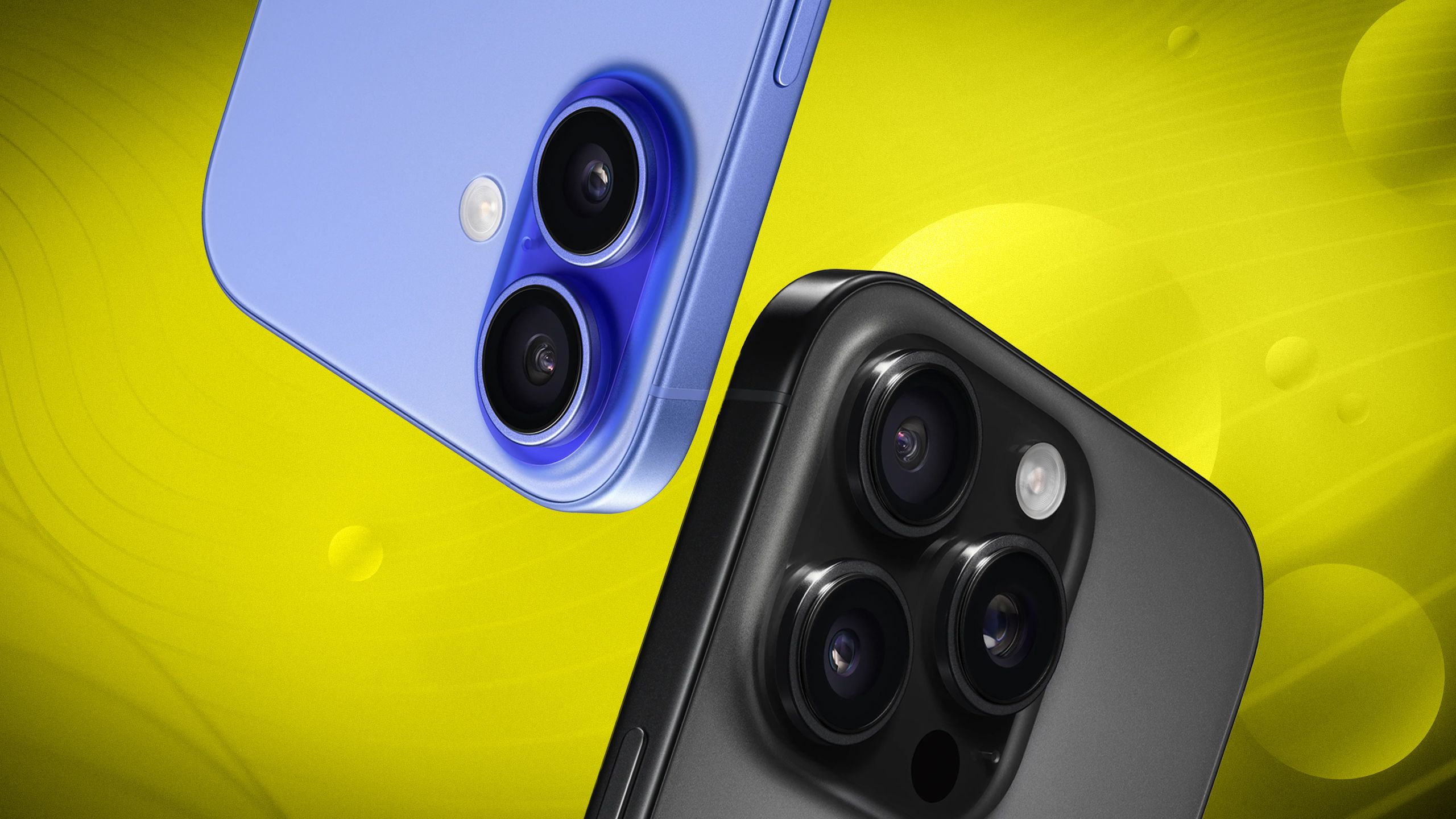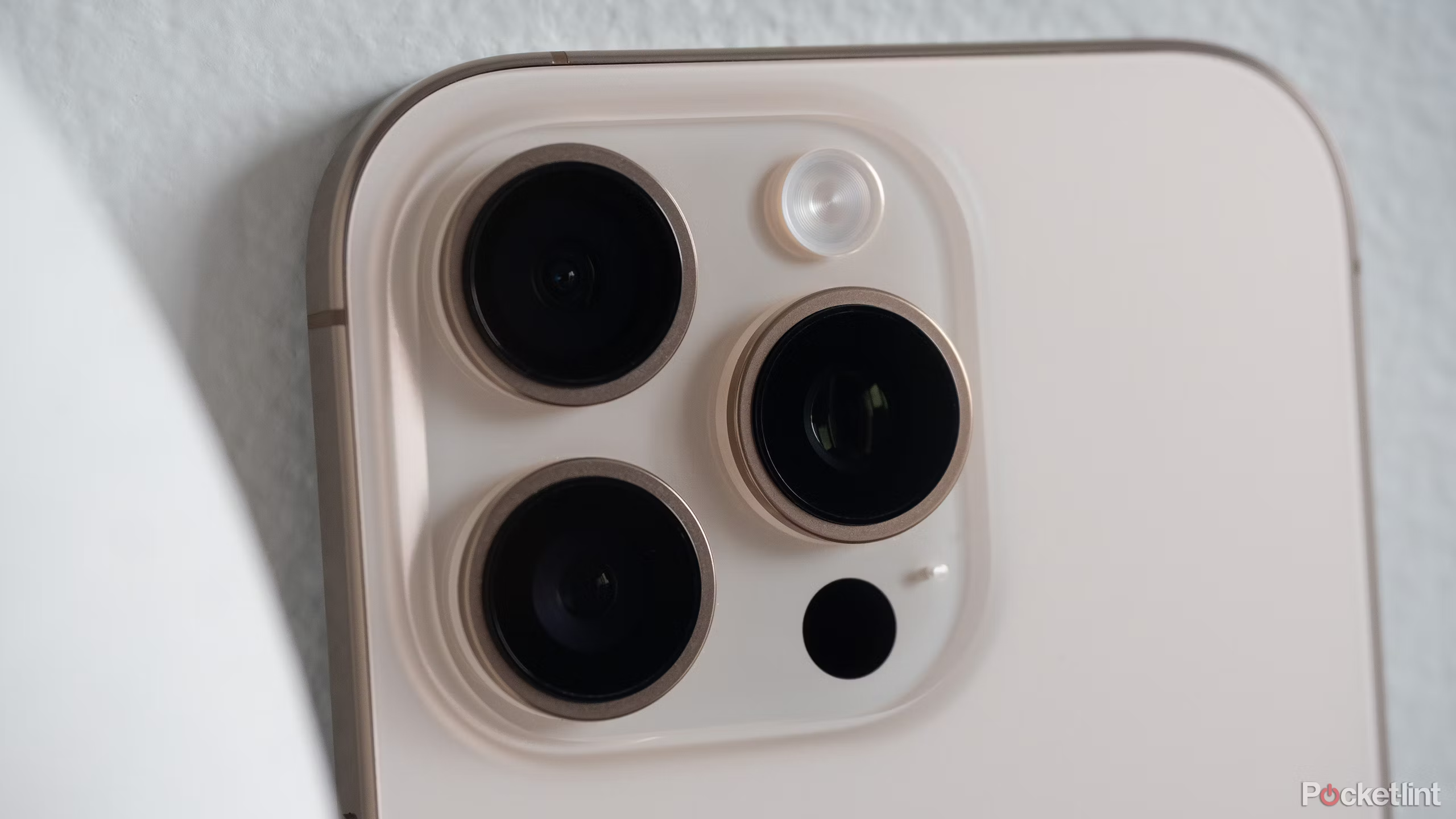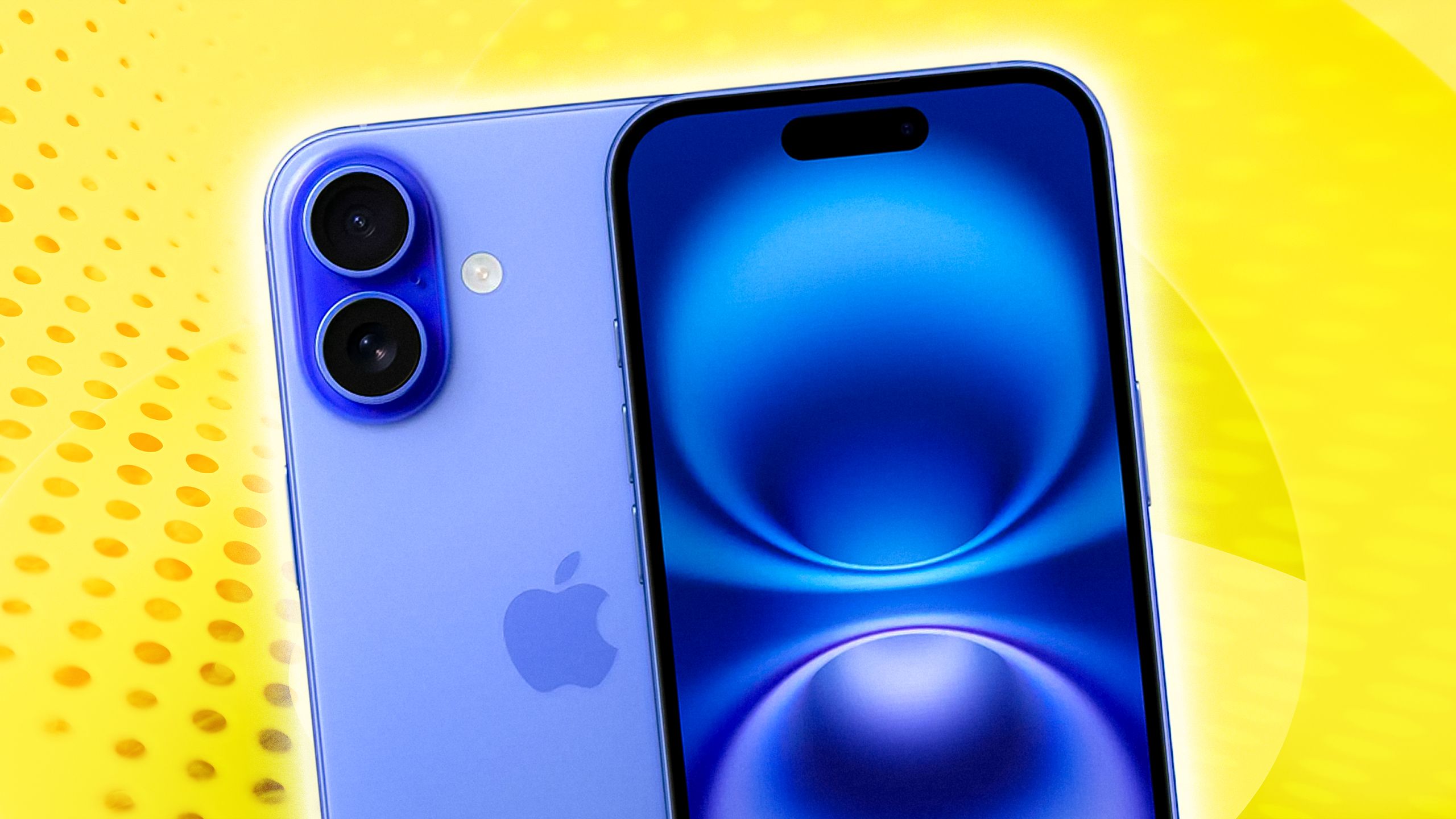AT&T and Verizon agree to two-week 5G expansion delay at FAA’s request
What you need to know
Both AT&T and Verizon have agreed to delay the expansion of their 5G networks for two weeks.
The FAA, among others, had requested that the carriers delay their work over flight safety concerns.
Some worry that the use of the C-bend spectrum could cause problems with systems mid-flight.
The delay has calmed threats of legal action, although it hasn’t eliminated them just yet.
Both AT&T and Verizon have agreed to delay the expansion of their 5G networks for two weeks at the request of the Federal Aviation Administration and airline companies. The expansion would have seen the 5G networks be upgraded with C-band spectrum on January 5, but that will now no longer happen.
According to Cnet, the delay comes after Transportation Secretary Pete Buttigieg also requested a delay amid concerns that use of C-band 5G connections could impact inflight navigation systems, with potentially dire consequences.
“At Secretary Buttigieg’s request, we have voluntarily agreed to one additional two-week delay of our deployment of C-Band 5G services,” AT&T said in an e-mailed statement. “We also remain committed to the six-month protection zone mitigations we outlined in our letter. We know aviation safety and 5G can co-exist and we are confident further collaboration and technical assessment will allay any issues.”
Carriers have already proposed that cell towers operate with lower power levels to ensure they don’t impact flights, while towers near airports would also see their power levels reduced yet further. However, those concessions have yet to appease airlines and those in the aviation industry, hence this latest delay.
The delay reduces the risk of legal action but doesn’t guarantee a positive outcome for all concerned. Carriers paid handsomely to use frequencies from 3.7 to 3.98GHz for their upgraded 5G connections and will no doubt want to make use of them sooner rather than later.
Apple’s iPhone 12 and iPhone 13 both support 5G connectivity, of course, as do all Android flagship devices.




